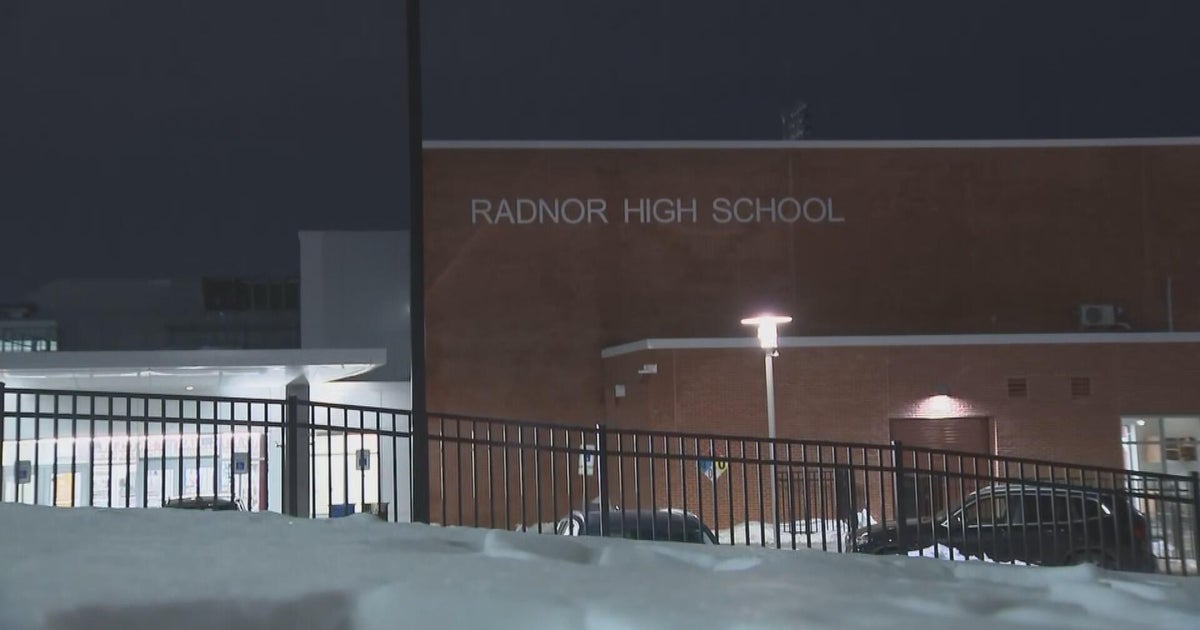The Perils of Public Computers Exposed
MIAMI (CBS4) - When John Wetmore travels for work, public computers are his lifeline for email access.
But he has wondered if when he logs on at a library, hotel or coffee shop, who else could be watching.
"My biggest worry when I'm using a public computer is has someone installed spyware on it? There's spyware on it, then someone can capture the key strokes and know my account and my password and then I'm probably vulnerable," said Wetmore.
Vulnerable is right. Experts say anyone using public computers may expose themselves to identity thieves just waiting to swipe what you type online.
CBS4's Jorge Estevez discovered that there are no laws or regulations that require public computers be secured against spyware programs. As a result: some public computers may have safeguards while others may not.
"Criminals harvesting personal information off of public computers is an extremely prevalent crime in the United States. An unprotected or unsecured network or publicly accessible computer means that it becomes a breeding ground for criminal activity," explained Damon Petraglia. He trains law enforcement agencies on computer security and is a member of the U.S. Secret Service Electronic Crimes Task Force.
Petraglia demonstrated how criminals can easily skim your information from public computers with key logging software.
"I'm going to be the hacker," said Petraglia.
He then downloaded a "key logging" program onto a computer. It recorded every letter, number, punctuation mark and space someone typed. If he were a criminal, he'd have left the computer open for someone else to use and then come back later to see what he'd recorded. And here's what he'd get.
An unsuspecting person might type in his login name and password, two items which can't be seen on the screen as they are typed.
But when the "key logger" readout report prints out... it has the person's screen name and password.
"There are hundreds and hundreds of different applications that criminals can use in a public environment to do nothing but record your data," said Petraglia. "You wouldn't know that you'd became a victim from that."
Last year, the Federal Trade Commission got more than 250,000 identity theft complaints and most victims had no idea how it happened.
"You need to stay aware of what's going on. You need to be aware of what you're doing," Petraglia explained.
To protect yourself at public computers:
- Minimize the accounts you access
- Never type a password
- Never bank online







